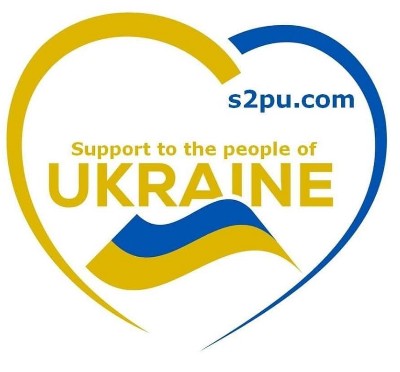“Any report of a famine in Russia is today an exaggeration or malignant propaganda. There is no actual starvation or deaths from starvation but there is widespread mortality from diseases due to malnutrition.”
(as reported by the New York Times correspondent and Pulitzer-prize winner Walter Duranty)
Denial of the famine by Soviet authorities was echoed at the time of the famine by some prominent Western journalists, like Walter Duranty. The Soviet Union adamantly refused any outside assistance because the regime officially denied that there was any famine.
Anyone claiming the contrary was accused of spreading anti-Soviet propaganda. Outside the Soviet Union, Western governments adopted a passive attitude toward the famine, although most of them had become aware of the true suffering in Ukraine through confidential diplomatic channels.
In fact, in November 1933, the United States, under newly elected president Franklin D. Roosevelt, chose to formally recognized Stalin’s Communist government and also negotiated a sweeping new trade agreement. The following year, the pattern of denial in the West culminated with the admission of the Soviet Union into the League of Nations. Stalin’s Five-Year Plans for the modernization of the Soviet Union depended largely on the purchase of massive amounts of manufactured goods and technology from Western nations. Those nations were unwilling to disrupt lucrative trade agreements with the Soviet Union in order to pursue the matter of the famine.


Comments powered by CComment